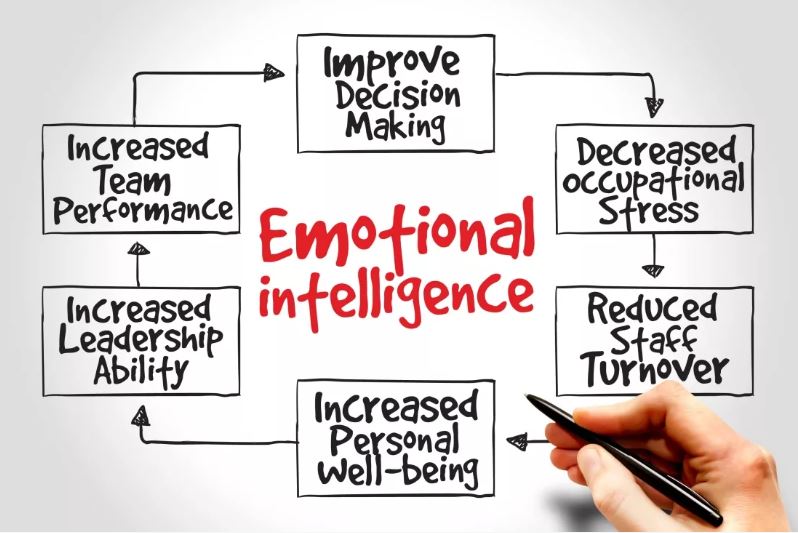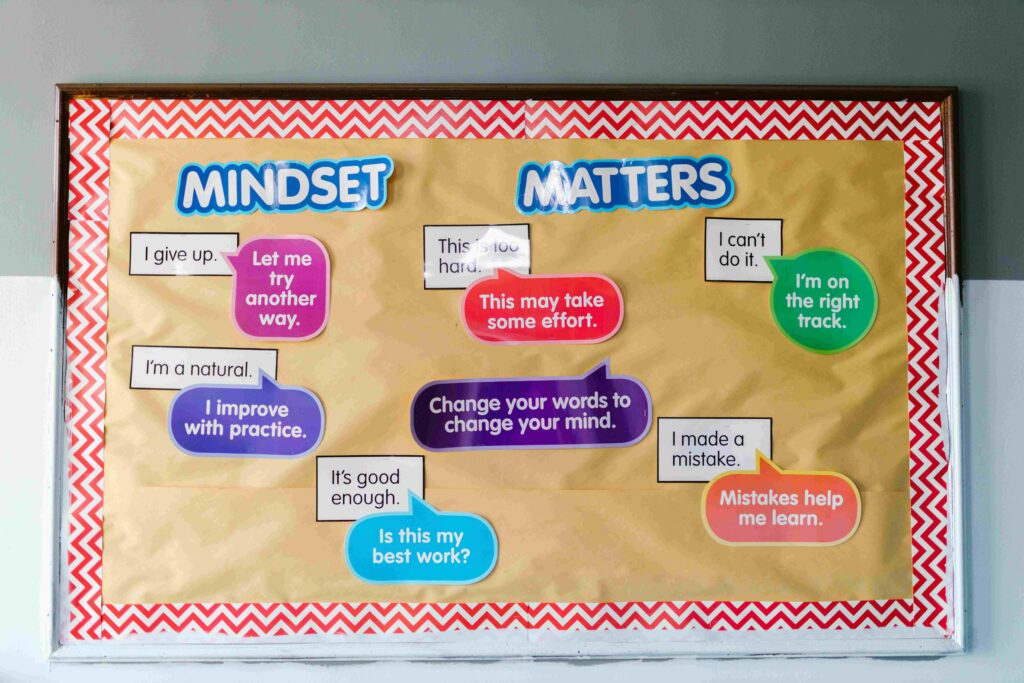Unlocking the Power of Emotional Intelligence

In a world that often emphasizes Intelligence (or IQ) as a measure of success, there’s another dimension of human capability that holds equal, if not greater, importance: Emotional Intelligence (EI). Emotional Intelligence refers to the ability to recognize, understand, manage, and harness our own emotions and those of others. It’s a skill that impacts our relationships, personal well-being, and professional success. In this article, we’ll explore the concept of Emotional Intelligence, its components, and why it’s crucial in today’s society.
Understanding Emotional Intelligence
Emotional Intelligence, often abbreviated as EI or EQ (Emotional Quotient), was popularized by psychologist Daniel Goleman in the 1990s. Goleman’s work brought attention to the idea that success in life depends not only on cognitive abilities but also on our ability to navigate the complex landscape of human emotions.
Emotional Intelligence comprises several core components:

1. Self-Awareness:
Self-awareness is the foundation of EI. It involves recognizing and understanding our own emotions, including their triggers and impact on our thoughts and behaviors. People with high self-awareness are attuned to their strengths and weaknesses, allowing them to make informed decisions.
2. Self-Regulation:
This component focuses on the ability to control and manage one’s emotions, particularly in stressful or challenging situations. It includes emotional control, adaptability, and impulse management. Self-regulation helps individuals remain composed and make rational decisions, even under pressure.
3. Empathy:
Empathy is the capacity to understand and share the feelings of others. It involves active listening, perspective-taking, and showing genuine concern for the emotions of others. Empathetic individuals build stronger connections and foster trust in their relationships.
4. Social Skills:
Effective interpersonal skills are a hallmark of emotional intelligence. This includes the ability to communicate clearly, resolve conflicts constructively, and build positive relationships. Socially skilled individuals excel in teamwork and collaboration.
5. Motivation:
Motivation within the context of EI refers to the drive and passion to pursue goals, coupled with resilience in the face of setbacks. People with high motivation tend to be more persistent and achieve their objectives.
The Importance of Emotional Intelligence

1. Enhanced Relationships:
Emotional Intelligence plays a pivotal role in building and maintaining healthy relationships. When we understand our emotions and those of others, we can communicate more effectively, resolve conflicts peacefully, and create a supportive and harmonious environment in personal and professional settings.
2. Leadership and Management:
Effective leaders often possess high levels of EI. They can inspire and motivate their teams, listen to feedback, and navigate complex interpersonal dynamics. Leaders with strong emotional intelligence can adapt their leadership style to different situations, fostering employee satisfaction and productivity.
3. Improved Mental Health:
Individuals with high EI are generally better equipped to manage stress and cope with emotional challenges. They can identify negative thought patterns and replace them with more constructive thinking, leading to improved mental well-being.
4. Career Success:
Emotional Intelligence is increasingly recognized as a critical factor in career advancement. People with high EI excel in areas such as teamwork, conflict resolution, negotiation, and leadership, which are essential skills in today’s collaborative work environments.
5. Personal Fulfillment:
Understanding and managing emotions leads to greater self-awareness and personal fulfillment. It allows individuals to align their actions with their values, make choices that contribute to their well-being, and experience a deeper sense of contentment in life.
Developing Emotional Intelligence
The good news is that Emotional Intelligence is not a fixed trait; it can be developed and enhanced over time. Here are some strategies to boost your EI:
1. Self-Reflection: Regularly take time to reflect on your emotions, triggers, and reactions. Journaling can be a valuable tool for self-awareness.
2. Practice Active Listening: Improve your empathy by actively listening to others. Seek to understand their perspective without judgment.
3. Manage Stress: Develop stress management techniques, such as mindfulness, meditation, or deep breathing exercises, to improve self-regulation.
4. Seek Feedback: Solicit feedback from trusted friends, family, or colleagues to gain insights into your interpersonal skills and areas for improvement.
5. Learn Conflict Resolution: Study conflict resolution strategies and practice them in real-life situations to enhance your social skills.
Conclusion
Emotional Intelligence is not just a soft skill but a fundamental aspect of human interaction and success. It enables us to navigate the complexities of our emotions and those of others, leading to better relationships, improved mental well-being, and greater personal and professional fulfillment. As we continue to evolve in a world driven by technology and innovation, the ability to connect on an emotional level remains an essential aspect of our humanity. Cultivating Emotional Intelligence is a journey worth embarking upon—one that can lead to a richer, more meaningful life.





Responses